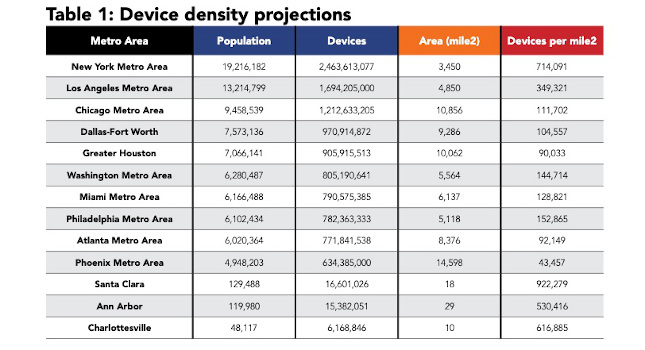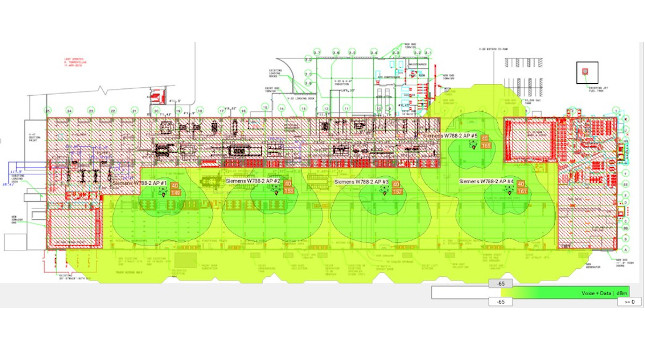Today, industry wants more efficient solutions. Plant personnel have to use data to determine when problems start, instead of waiting until the equipment is offline or has approached an alarm limit. Acting early will allow customers the time to make better economic decisions.

In the revolution that is the Industrial Internet of Things (IIoT), the ability to capture, analyze and act on data will be the key strategy moving forward. How manufacturers will use this data may depend on the makeup of their workforce and their commitment to analytics as a strategy.
Chad Stoecker, managed services leader for GE Digital, discusses this changing landscape and how manufacturers can best take advantage of the growth in data management and the generation gap that can exist in its implementation.
Plant Engineering: So much has been made about the loss of experience in manufacturing in the coming years through retirement. Talk a little about the value of experience in plant maintenance.
Stoecker: The aging workforce is a serious problem. There are many people with decades of experience who are leaving industry today, and that expertise is almost impossible to replace. Many of these people knew what was wrong with a piece of equipment just by touch and feel. What’s replacing them is a generation of data-analytics engineers who rely on data to tell them what is going on with a machine.
We are trying to bridge the two with our solutions: offering the next-generation workforce a combination of people, processes and technology built into software solutions to help them make good decisions every day. Our solutions leverage the latest in cutting-edge data-analytics techniques, and we support our solutions with industry experts who have decades of reliability engineer expertise.
PE: In this new day of data analytics, we get a better picture of equipment condition and trends faster and more accurately. How can experienced maintenance personnel make use of this information?
Stoecker: In the old world, it used to be enough to rely on alarms and trips to start the maintenance and troubleshooting process. This constitutes a reactive maintenance process that results in production losses and unnecessary maintenance dollars being spent.
Today, the industry wants more efficient solutions. Plant personnel have to use data to determine when problems start, instead of waiting until the equipment is offline or has approached an alarm limit. Acting early will allow customers the time to make better economic decisions.
PE: What areas of the plant will make the most use of data analytics?
Stoecker: All areas of the plant are going to be data-driven. Maintenance and reliability engineers can determine which maintenance actions to take, and which actions can be avoided. Process and operations personnel can use data to determine the most efficient way to run the plant and identify activities that are costing the company money. Business executives can use data to make better decisions related to the demands they get from the market. Data analytics can transform the plant from end to end.
PE: Younger people coming into plants have more comfort with data and the tools they will use as part of the IIoT. How will these tools help bridge the gap between their experience and the work that needs to be done?
Stoecker: GE believes that software and analytics empower people to make better decisions. Younger people will have more information and knowledge at their fingertips, or by a phone call to a managed resource center, than any generation before them. This wealth of data will help bridge the experience gap of younger engineers.
PE: What’s the most overlooked aspect of the use of data analytics in maintenance?
Stoecker: In my opinion, the most overlooked aspect of data analytics in maintenance is the ability to reduce time-based maintenance activities. There are many costly time-based maintenance activities, which sometimes introduce faults into a system, that can be eliminated with an effective condition-based monitoring program. This represents a tremendous potential for cost savings in the industry.



